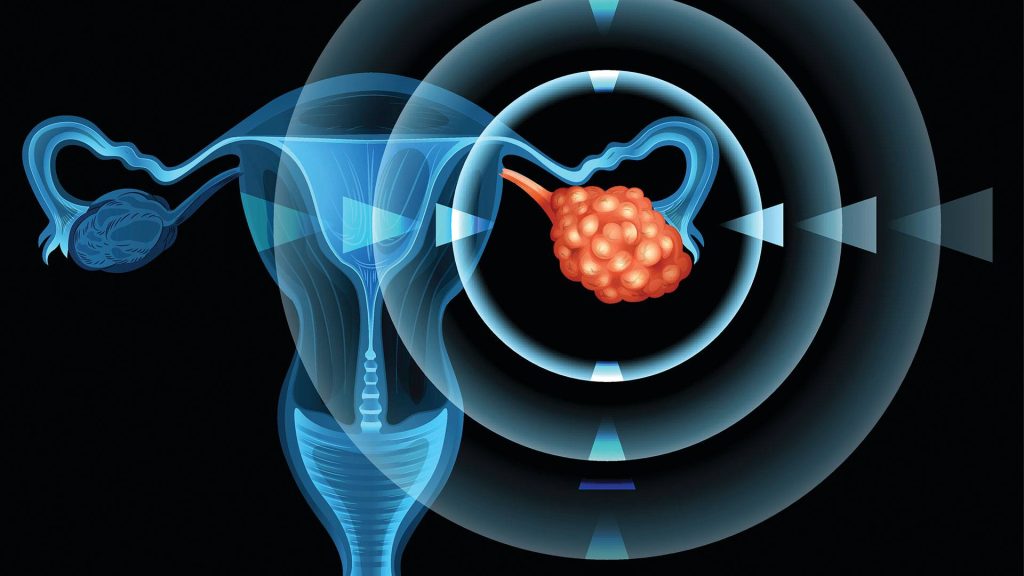Check out a few of the most popular News Network stories on @mayoclinic social media this past week.





Mayo Clinic Minute: What high triglycerides mean and why it matters to your heart
You may be familiar with high-density lipoproteins (HDL), or good cholesterol; low-density lipoproteins (LDL), or bad cholesterol; and their connections to heart health. But what about triglycerides? Often that word gets skimmed over when talking about cholesterol levels.
Dr. Regis Fernandes, a Mayo Clinic cardiologist, says triglycerides provide the body with energy from food. High levels can indicate signs of other conditions, like diabetes or prediabetes, that can increase the risk of heart disease and stroke.
5 things to know about fainting: The heart's role and when it may signal a serious condition
You may have heard that people who feel faint should sit with their heads between their knees, but is that true? And how can you tell whether you or someone else who has fainted should go to the emergency department or perhaps even see a cardiologist?
Dr. Elijah Behr, a cardiologist at Mayo Clinic Healthcare in London, explains five things it is important to know about fainting.
Mayo Clinic Q and A: 5 things to know about stroke
A stroke can happen at any time and to anyone. You might be talking to your loved one and notice they're suddenly slurring their words. Or, while grocery shopping, you realize you can't move your hand to pick up a jar from the shelf. You can go from feeling as usual to feeling sick within a matter of seconds to minutes. Here are five key things to know about stroke.
Hope for ovarian cancer: New immunotherapy target
In a study published in Science Advances, Mayo Clinic researchers found a new immunotherapy target called a cryptic antigen that may be key in helping the immune system fight tumors in ovarian cancer.
Cryptic antigens are part of a protein — known as epitopes — that are usually hidden or inaccessible to the immune system and may be present in tumor cells.
Researchers will explore cryptic antigens in designing new treatments, such as vaccines or immunotherapies, that could help the immune system target tumors more effectively.
Mayo Clinic Q and A: Struggling with IBS symptoms?
Irritable bowel syndrome (IBS) is common and affects approximately 1 in 10 adults in the U.S. IBS is characterized by abdominal pain with disordered defecation (constipation, diarrhea or both). IBS can generally be easily treated with a combination of education, reassurance, diet and medications.
Related Articles







